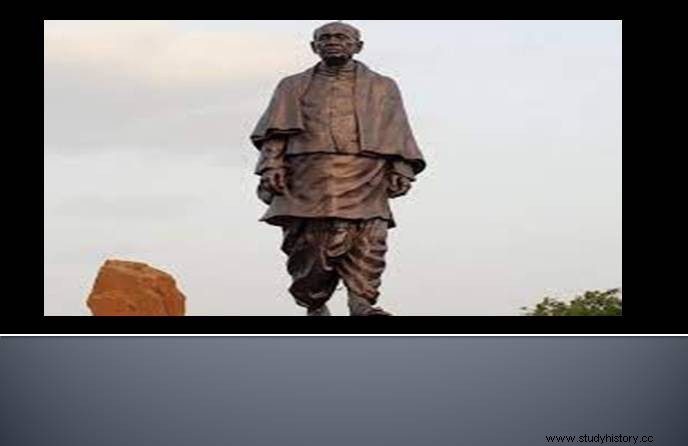
The Indian Civil Services (ICS) was dominated by South Indians at the time of independence. The bureaucracy of the Dakshinatya officers was so dominant that in the British rule, the saying that Delhi is ruled by Madrasi and Bai Peon had become prevalent. This bureaucracy came in very handy at the time of India's independence. It went ahead and volunteered its services to national leaders. This was the reason why Sardar Patel was highly inclined towards the officers of the Indian Civil Services.
At the time of India's independence, the Prime Ministers of all the four major states of Rajputana were also South Indians. They were able to function as a powerful group in the politics of the country. Sir T. Vijayaraghavachari in Udaipur, Sir VT Krishnamachari in Jaipur, C.S. In Venkatachar and Bikaner, Sardar K. M. Panikkar was working as Diwan. They were all good friends
And they had each other's trust, so they worked closely together and these four native states of Rajputana made a combined influence in the politics of India. The role of these Dakshinatya Prime Ministers in the merger of states into India and later in Rajasthan was also effective and positive. Sir VT Krishnamachari (Jaipur), Sardar K. M. Panikkar (Bikaner), M. A. Srinivasan (Gwalior), Sir B. Ale. Mitra (Baroda) and C.S. Venkatachar (Jodhpur) worked hard for this noble cause to bring both the sides together and save the country from disintegrating like Balkan provinces.
Without his great efforts, this work could not have been completed in a span of only 11 weeks from the time Mountbatten declared India's independence on 3rd June 1947 to 15th August 1947.
Sardar Patel was able to take advantage of the experience and knowledge of these officers because of his barrister from London and the uniqueness of his personality. Although Jawaharlal Nehru, the first Prime Minister of India, believed that the officers of this service have a high degree of arrogance which is not conducive to democracy. For the upliftment of the poor people of India, humble servants are needed and not arrogant hard officers.
Therefore, after independence, Nehru wanted these services to be abolished, but Sardar Patel, understanding the need of these officers, favored retaining them and Indianizing them.
After a long debate in Parliament, in the end, Patel won. Thus, as the Home Minister, he Indianized the Indian Civil Services and converted them into the Indian Administrative Service and turned the black sahibs who served the British from patriotic to patriotic. Had Sardar Patel lived for a few more years, there would have been a complete overhaul of the Indian bureaucracy.
